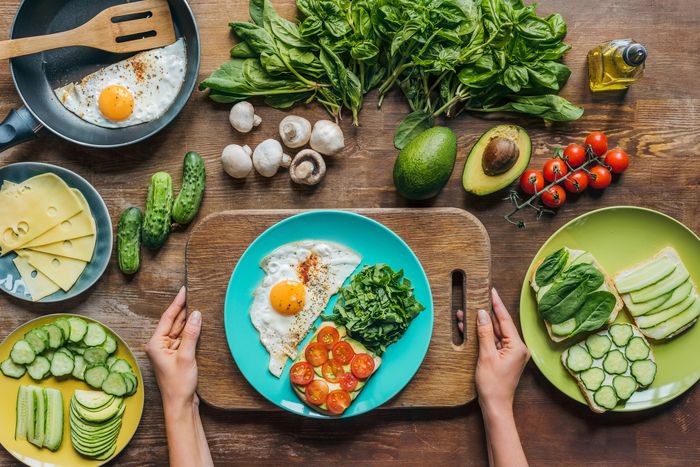Can Diet and Supplements Boost IVF Success Rates?
Why Nutrition Matters During IVF
What you eat affects more than your energy levels. Nutrients from food play a role in hormone balance, egg quality, and overall health—all of which matter during IVF. Eating various fruits, vegetables, whole grains, lean proteins, and healthy fats gives your body the tools it needs to function at its best.

Certain nutrients are especially valuable for fertility
• Folate, found in leafy greens and beans, is known to support healthy fetal development. • Antioxidants, like those found in berries and colorful vegetables, protect egg and sperm cells from damage. • Omega-3 fatty acids, often found in fish, support blood flow, which can benefit the reproductive organs.
On the other hand, eating too much sugar or processed food may affect hormone levels. While it’s not about being perfect with every meal, aiming for balance can make a positive difference.
How Supplements Fit Into IVF Support
Supplements can offer an extra layer of support for those going through IVF. One of the most well-known is folic acid, which is often recommended even before pregnancy. (Source: Wistim) It helps with early fetal development and is linked to better fertility outcomes.
Coenzyme Q10 (CoQ10) is another supplement that’s become popular. It’s an antioxidant that supports energy production in cells, which may benefit egg quality, especially as women age. Omega-3 supplements are also frequently mentioned since they promote healthy blood flow and support the uterine lining.
That said, it’s important to be cautious. Not all supplements are helpful for everyone, and some may even interfere with IVF medications. That’s why it’s best to talk to a fertility specialist before adding any new supplements to your routine. The right plan is different for each person. (Source: WeConceive)
Bringing It All Together
Diet and supplements work hand in hand. While food provides a natural source of nutrients, supplements can fill in the gaps when needed. Think of it as giving your body extra support when it needs it most. Small actions, like adding more vegetables to your meals or taking a supplement as advised, can help your body feel more prepared for the process.
It’s not about chasing perfection. No single food or supplement can guarantee success. But paying attention to your nutrition and supplement choices creates a more supportive environment for IVF. These efforts, while small, can add up over time. (Source: MedicalNewsToday)
A Balanced Approach to IVF Health
IVF can feel like a journey full of unknowns, but taking care of your health is one area where you have some control. Eating nutritious meals, following expert advice on supplements, and focusing on overall well-being are all part of the bigger picture.
Every person’s IVF experience is different, and what works for one may not work for another. But taking care of your body through thoughtful nutrition and supplements is one way to feel more in control. It’s not about looking for a “quick fix.” It’s about supporting your health in a way that makes you feel stronger for the road ahead.
Sources:
Wistim - Wistim.com/en/article-the-folic-acid-and-pregnancy-role-of-vitamin-b9-for-pregnant-loss WeConceive - WeConceive.com/library/fertility-wellness/fertility-supplements
MedicalNewsToday - MedicalNewsToday.com/mediterranean-diet-may-help-increase-chances-successful-ivf






